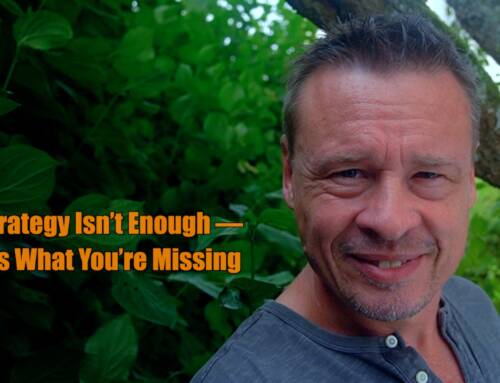In the dynamic world of development cooperation, where the pursuit of noble goals and showcasing impactful results go hand in hand, a deeper consideration arises.
The spotlight often falls on the desire to present an organization in the most positive light, but there’s a subtler essence to communication that calls for reflection and refinement. It’s about weaving a narrative that resonates not just with our achievements, but also with the core values of genuine engagement.
Aiming Beyond Self-Promotion
While development goals remain at the heart of our efforts, it’s key to ponder the way we project ourselves. The race to stand out, to put our best foot forward, can sometimes overshadow the essence of the work we do. Let’s admit it – we’ve all grown up with a slight skepticism towards those who incessantly talk about themselves, who rarely acknowledge their shortcomings, and who are always front and center. In a society that values humility, the traditional approach to development cooperation’s standard communication needs a gentle redirection.
A Parallel with Social Etiquette
Think about it – would you stride into a party, elbowing others aside to grab the spotlight, and expect to win hearts? It’s the same principle in the realm of development communication. We’re engaging with a wide range of stakeholders, from experts to beneficiaries, and every interaction reflects our intentions. It’s about presenting our work as more than just a brand, as an endeavor that addresses real issues with sincerity and dedication.
The Blueprint for Meaningful Communication
To elevate our communication strategies from mere self-promotion to something genuinely impactful, a blueprint is essential. A strong strategy rests on commitment and allocation of resources. It’s not just about words; it’s about making resources available to ensure our message resonates far and wide.
Four Pillars of Effective Communication Strategy
1. Monitoring: The Silent Observer
Before shaping our narrative, let’s become silent observers. Understanding how stakeholders perceive our work, absorbing their feedback, and tracking their expectations are pivotal. Surveying, noting questions, and sifting through interactions offer invaluable insights that can shape a more relatable communication approach.
2. Responding: The Art of Engagement
The beauty of communication lies in the dialogue it nurtures. It’s not just about putting information out there; it’s about welcoming opinions, answering queries, and maintaining a genuine dialogue. Whether it’s a technical query or a political concern, our responses should reflect not only our knowledge but also our willingness to listen.
3. Amplifying: Sharing Value, Not Self
The essence of communication isn’t shouting louder than the rest; it’s about sharing value that resonates. Aiming for for more views isn’t enough; we must focus on sharing content that educates, enlightens, and genuinely impacts. This shift from brand advocacy to impactful sharing is the crux of an authentic strategy.
4. Leading Behavior: Fostering Long-Term Change
Development organizations don’t just aim to influence policy; they strive for long-term social and behavioral change. This change isn’t forced; it’s nurtured through awareness, education, and genuine engagement. It’s about empowering stakeholders to become advocates themselves, not by repeating our name but by resonating with our vision.
Looking ahead
In a world dominated by trends and metrics, the allure of authentic communication stands out. It’s about embracing the true essence of our work and sharing it with a sincerity that captures hearts and minds. Let’s trade in the self-centered spotlight for a more communal approach to knowledge sharing, let’s engage in conversations that matter, and let’s lead not just through our projects but through a collective sense of purpose.
Remember, a successful communication strategy isn’t just ink on paper; it’s a reflection of values in action. As the digital world expands, our interactions become more profound. So, let’s evolve our approach to communication to ensure it aligns with the authenticity and impact that development cooperation truly embodies.




Leave A Comment